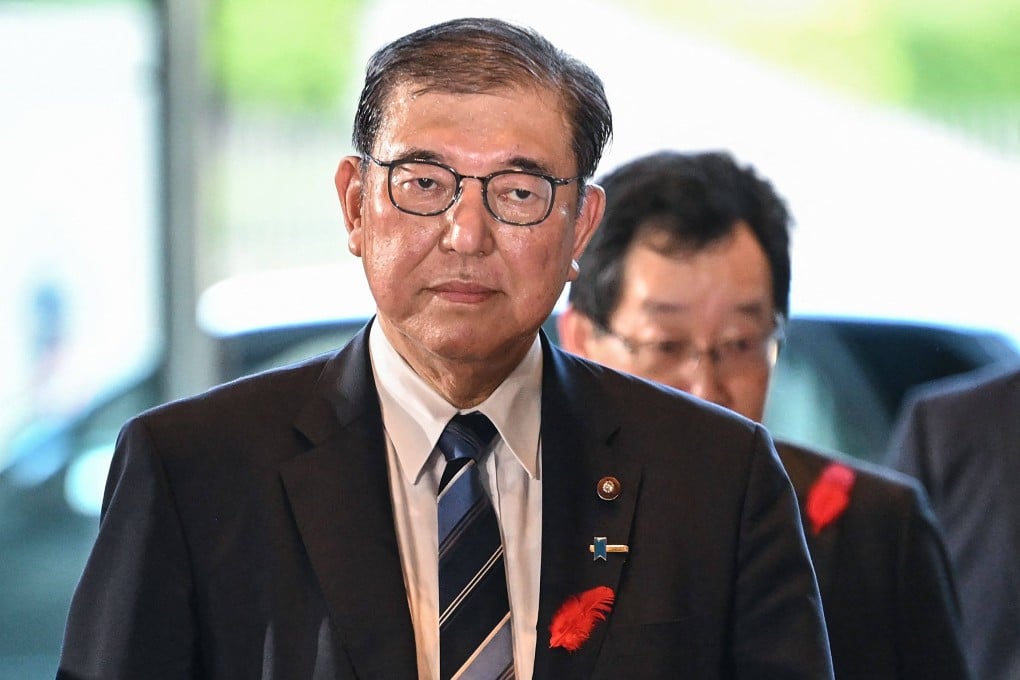Advertisement
Opinion | Will Japan’s maverick PM Shigeru Ishiba lead the Asia-Pacific down a nuclear path?
The Japanese prime minister supports the creation of an ‘Asia Nato’ to deter China, Russia and North Korea
Reading Time:3 minutes
Why you can trust SCMP
1

The election of Shigeru Ishiba, an advocate for an “Asian Nato”, as Japan’s new prime minister on Tuesday has unlocked a Pandora’s box for Tokyo’s ties with Beijing and other Asia-Pacific neighbours.
A popular outsider in Japanese politics known for his unconventional style and military expertise, Ishiba is widely viewed as a moderate on China who still believes in engaging Beijing while pushing for a more “equal” alliance with Washington.
Despite the rapid deterioration of bilateral ties under his predecessor, Fumio Kishida, Ishiba has been a source of optimism for China’s state-controlled media, particularly for his reticence to visit the Yasukuni Shrine, which honours Japan’s war dead, including top war criminals.
Advertisement
The 67-year-old is also a disciple of former Japanese prime minister Kakuei Tanaka, who in 1972 restored diplomatic ties between Beijing and Tokyo, an influence that Chinese media say had a lasting impact on Ishiba’s China approach.
But such hopes are more than likely to be short-lived, given what Kishida and the departing US President Joe Biden, both viewed initially as China doves, have been trying to do in the past three years vis-a-vis Beijing.
Advertisement
Ishiba, a two-time defence minister, is expected to inherit many of Kishida’s foreign policies, but he may also live true to his reputation as a maverick, bringing about major changes to the decades-old post-war security structure in the region.
Advertisement
Select Voice
Select Speed
1.00x
